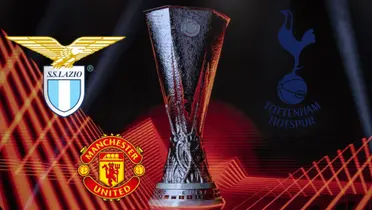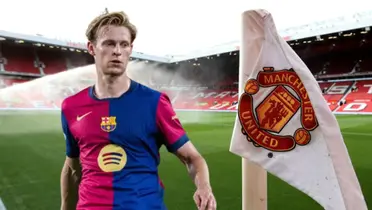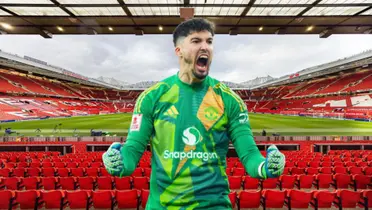Who wins the financial battle? Detailed analysis: Manchester United vs. Atlético de Madrid
Financial x-ray: Manchester United vs. Atlético de Madrid, a clash of giants in the modern era

Modern football is defined as much by its spectacle on the field as by its intricate financial network off it. On this occasion, we turn our gaze towards two titans of European football: Manchester United and Atlético de Madrid. Both clubs, with rich histories and passionate followers, face unique challenges and opportunities in the economic sphere. Through an in-depth analysis, we will unravel the strategies and decisions that shape their present and financial future.
We will delve into the numbers, contracts, and investments that define these two giants. From transfer and television rights revenue to debt management and investment in signings, we will explore every facet of their financial health. This analysis will not only reveal who leads the table in economic terms, but also who is best positioned for sustainable long-term success.

Income and debt: The precarious balance of the european elite
Manchester United, with its global reach and rich history, enjoys a significant advantage in terms of total income. However, this abundance comes with a considerable debt burden. On the other hand, Atlético de Madrid, with a more austere approach, has managed to maintain a more stable financial balance.
The COVID-19 pandemic tested the financial resilience of both clubs. While Manchester United was affected by the decrease in matchday revenue, Atlético de Madrid implemented cost reduction and contract renegotiation strategies to mitigate the impact. Both clubs showed adaptability, but their divergent strategies reveal distinct financial philosophies.

Investment in signings: Strategy or chance in the transfer market?
The transfer market is a battleground where clubs compete for the talent that will define their success on the field. Manchester United, known for their high-profile signings, has invested considerable sums in star players. However, the profitability of these investments has been variable.
Atlético de Madrid, under the direction of Diego Simeone, has adopted a more selective approach, prioritizing players who fit their style of play and team philosophy. The youth academy policy also plays a crucial role, with both clubs seeking to nurture young talent to reduce dependence on expensive signings.

Marketing and brand strategies: The intangible value of the badge
In the digital age, social media presence and international expansion are crucial for brand growth. Manchester United, with its global reach, leads in this aspect, generating significant revenue through sponsorships and merchandising.
Atlético de Madrid, although with a smaller reach, has managed to expand its brand through innovative marketing strategies and strategic sponsorship agreements. Both clubs recognize the value of their badge as an intangible asset that drives their financial growth.
Stadium management: The economic heart of the club
The stadium is the epicenter of a football club's economic activity. Manchester United, with the iconic Old Trafford, generates substantial revenue through ticket sales, season tickets, and VIP experiences.
Atlético de Madrid, with the modern Wanda Metropolitano, has implemented innovative strategies to maximize matchday revenue, including organizing events and concerts. Both stadiums are fundamental pillars in the economy of their respective clubs.
Long-term financial sustainability: The challenge of the modern era
Financial sustainability is a constant challenge in modern football. UEFA's Financial Fair Play requires clubs to maintain a balance between income and expenses. Both clubs strive to comply with these regulations, but their strategies differ.
Manchester United seeks to diversify its revenue sources through new commercial initiatives, while Atlético de Madrid prioritizes prudent resource management and investment in young talent. Each club's vision for the future is reflected in their long-term expansion and development plans.
A financial duel with multiple facets
In this comparative analysis, we have explored the various facets of Manchester United and Atlético de Madrid's financial management. Both clubs, with their strengths and weaknesses, face unique challenges and opportunities in the European football economic landscape.
Manchester United, with its financial might and global reach, seeks to consolidate its position as one of the most valuable clubs in the world. Atlético de Madrid, with its strategic approach and prudent management, aspires to compete at the highest level without compromising its financial stability.
What you need to know about Manchester United vs. Atlético de Madrid financial management:
- Manchester United surpasses Atlético de Madrid in total revenue but faces a higher debt burden.
- Both clubs have adopted different investment strategies in signings, with variable results.
- Marketing and brand are fundamental pillars for both clubs, with Manchester United leading in global reach.
- Stadium management generates crucial revenue, with Old Trafford and the Wanda Metropolitano as key assets.
- Long-term financial sustainability is a constant challenge, with Financial Fair Play as a determining factor.
More news

The Numbers Don't Lie: Casemiro's Dominance Returns
31/03/2025

United's Dream Pairing: The Duo Fans Are Eager to See
31/03/2025

Hojlund's Fate: Will He Stay or Leave Man United?
31/03/2025
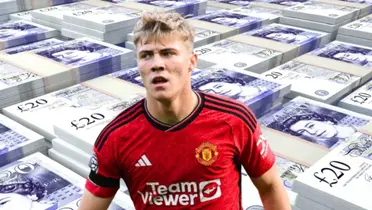
Højlund's Plummeting Value: A Cause for Concern at Man United
31/03/2025
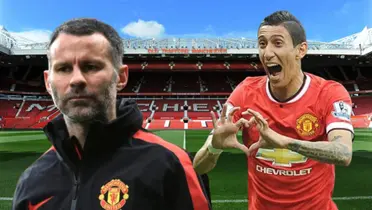
Giggs' Misjudgement: Depay's Free-Kick Hopes Fall Flat
31/03/2025
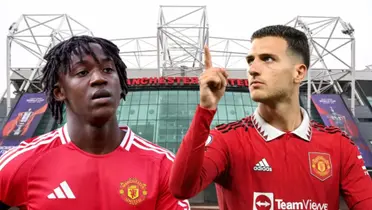
Man United's Summer Clearout: Players on the Chopping Block
31/03/2025

Financial Divide: Man United's Value Dwarfs Olympique Lyon's Squad Cost
30/03/2025

Onana Exit Rumors Swirl: How the Goalkeeper Is Responding
30/03/2025
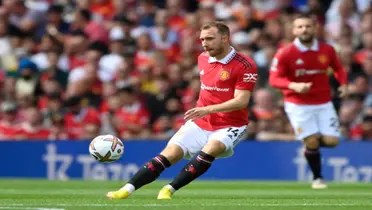
Eriksen breaks the silence about the rumors of not renewing
30/03/2025
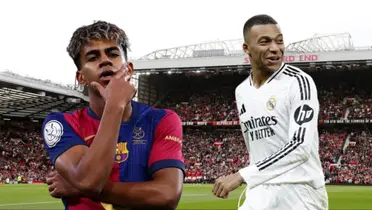
World-Class Player Available: Romano Reveals Transfer Bombshell
30/03/2025

Ugarte's Premier League Insight: Key Differences From Ligue 1 Revealed
30/03/2025
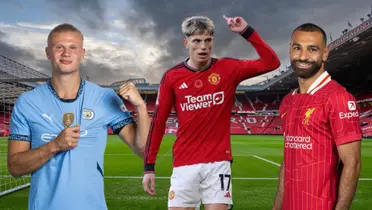
Garnacho Outshines Salah and Haaland: A Stunning Statistical Triumph
29/03/2025
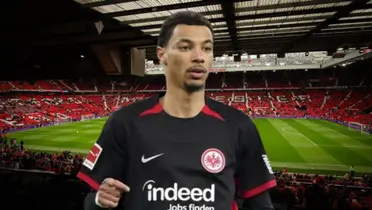
Ekitike's Staggering Stats: Why Man United Are Keen
29/03/2025
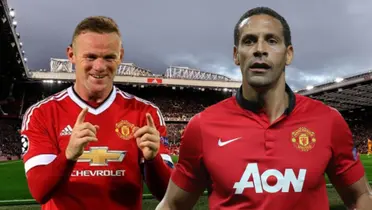
Beyond Legends: The United Player Who Rewrote Investment History
29/03/2025
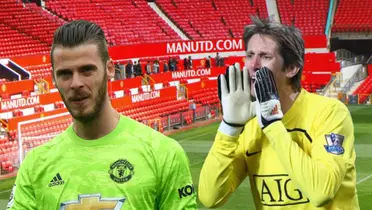
Manchester's Goalkeeping Giants: Who Reigns Supreme?
29/03/2025
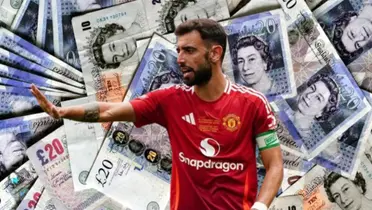
Fernandes' Fortune: Unveiling the Price Tag of United's Captain
29/03/2025
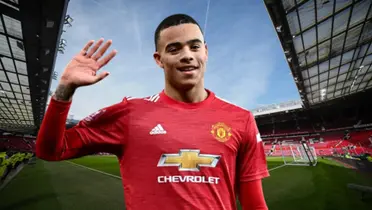
The Manchester United jewel that was rumoured for Barcelona ended up in an exotic league
29/03/2025

Father's Faith Pays Off: 100 Pound Bet on Son's United Debut
29/03/2025
